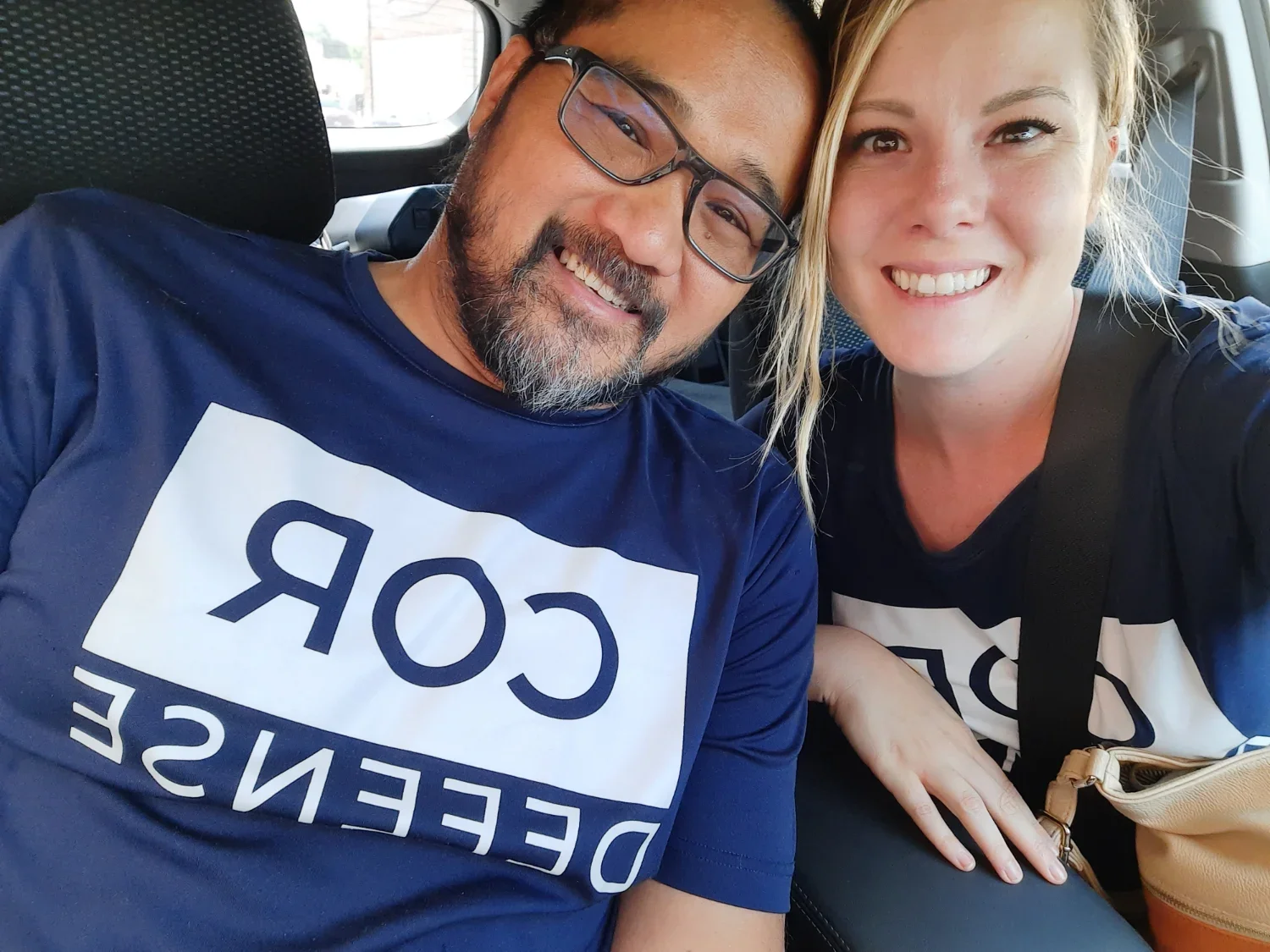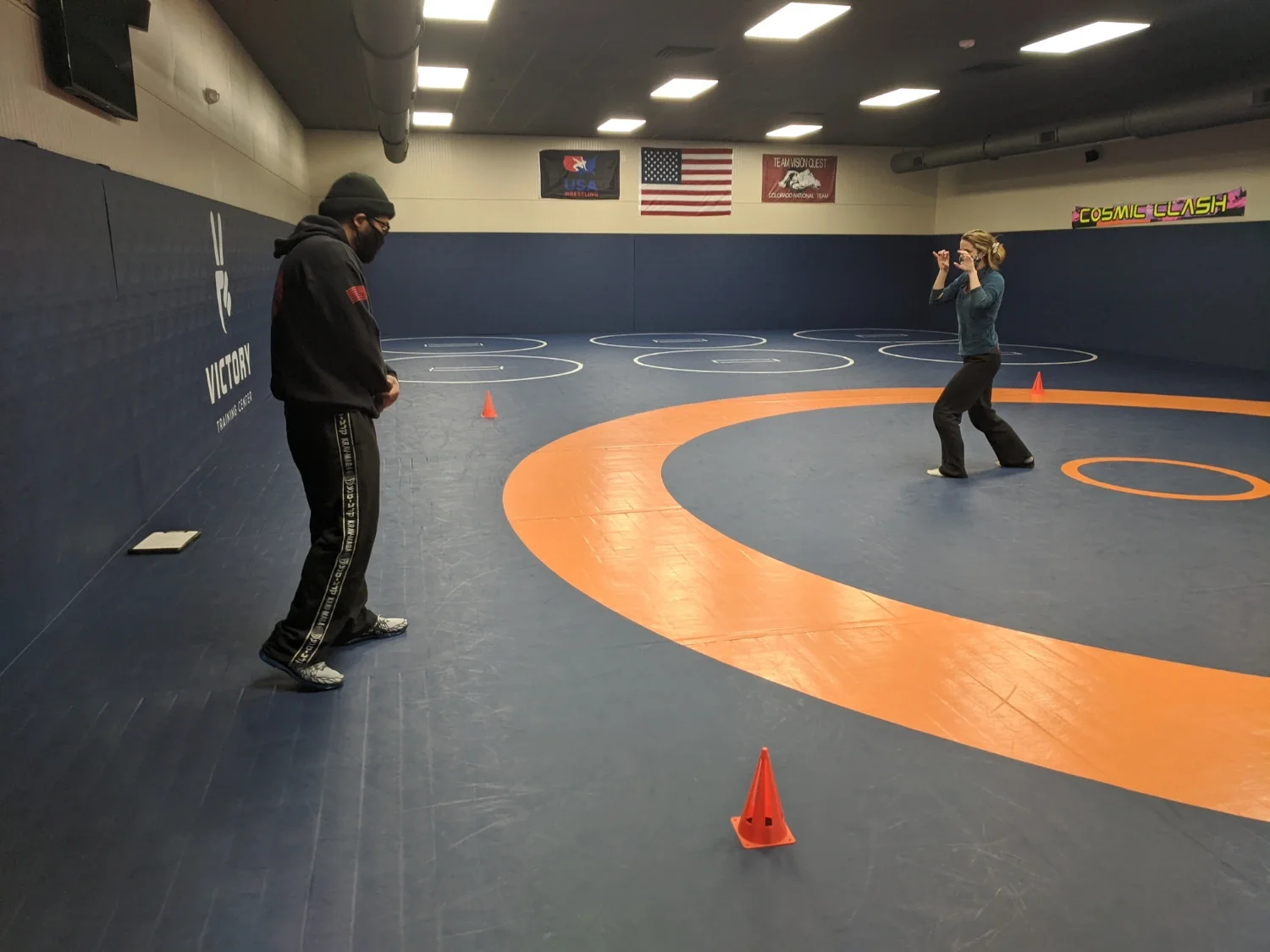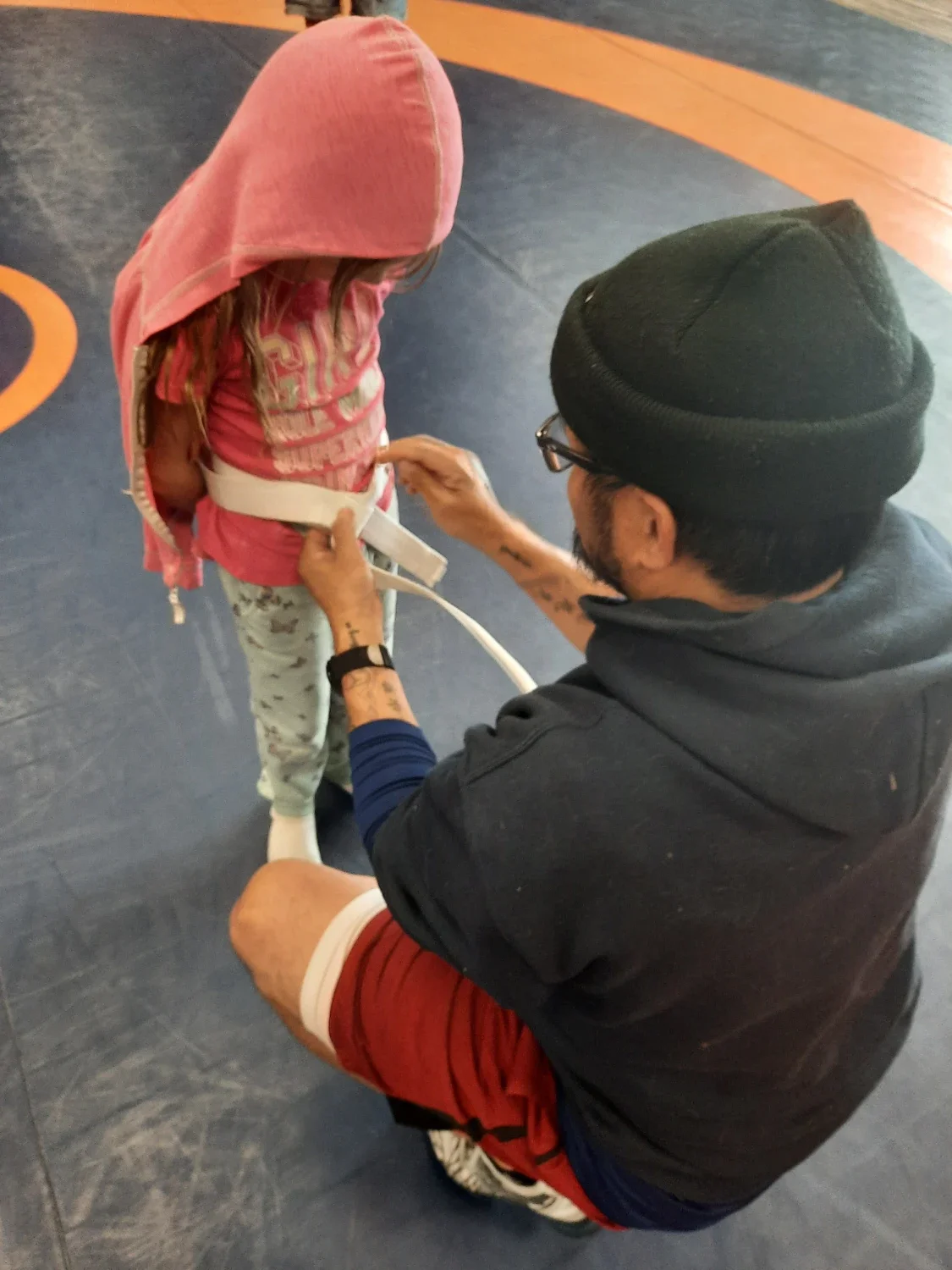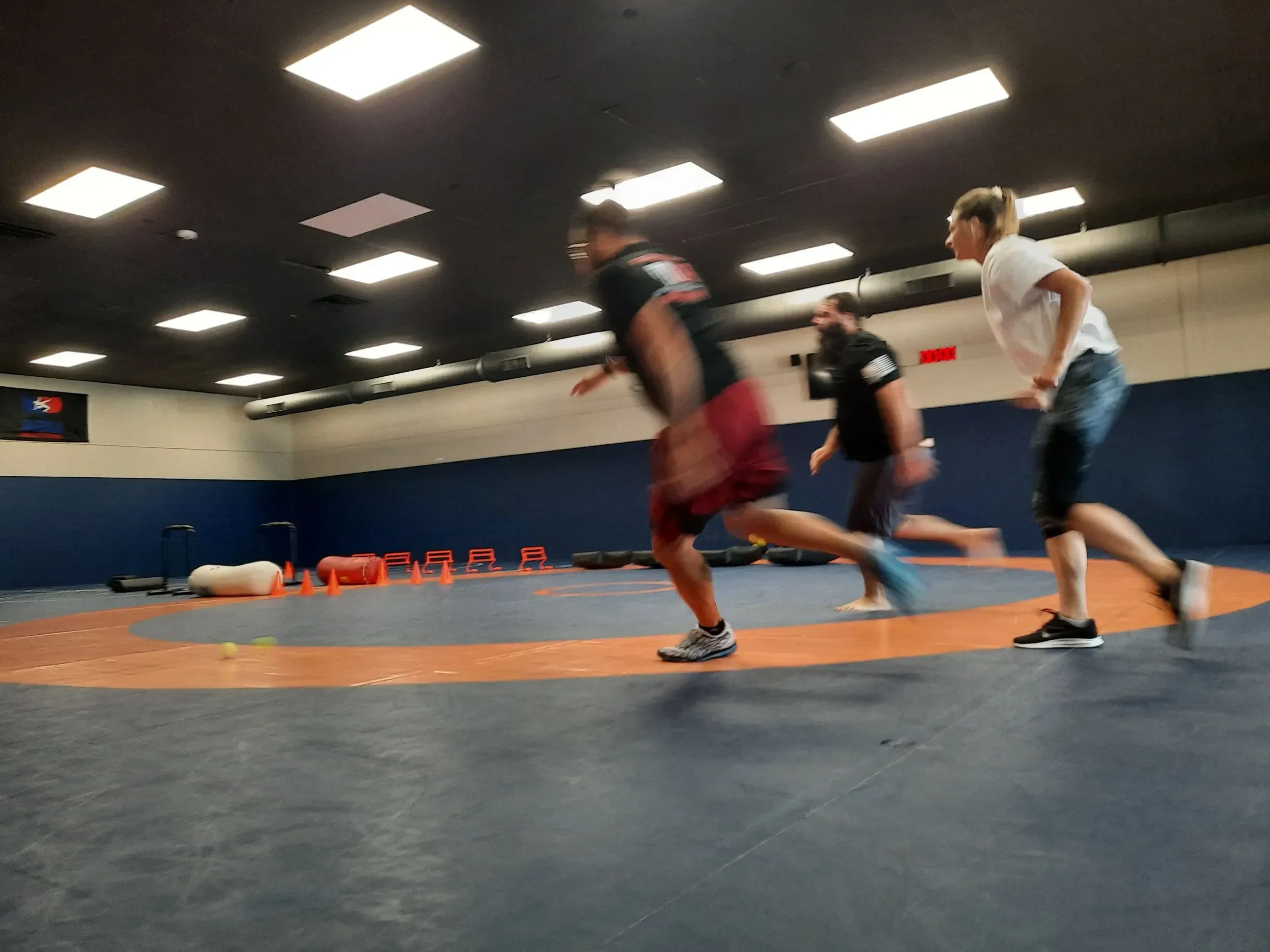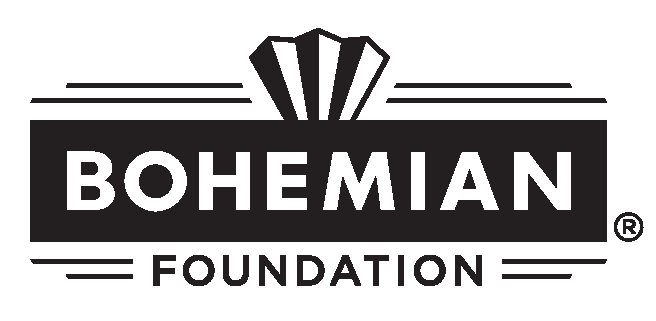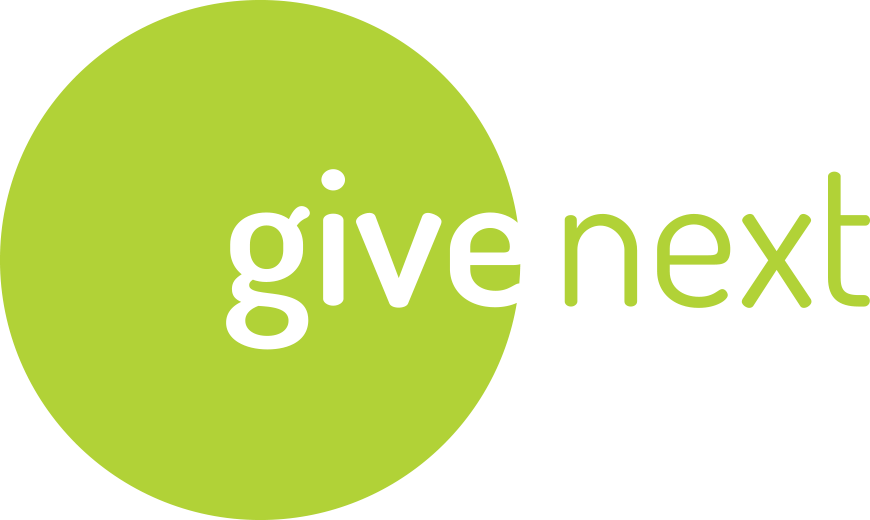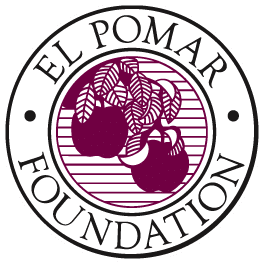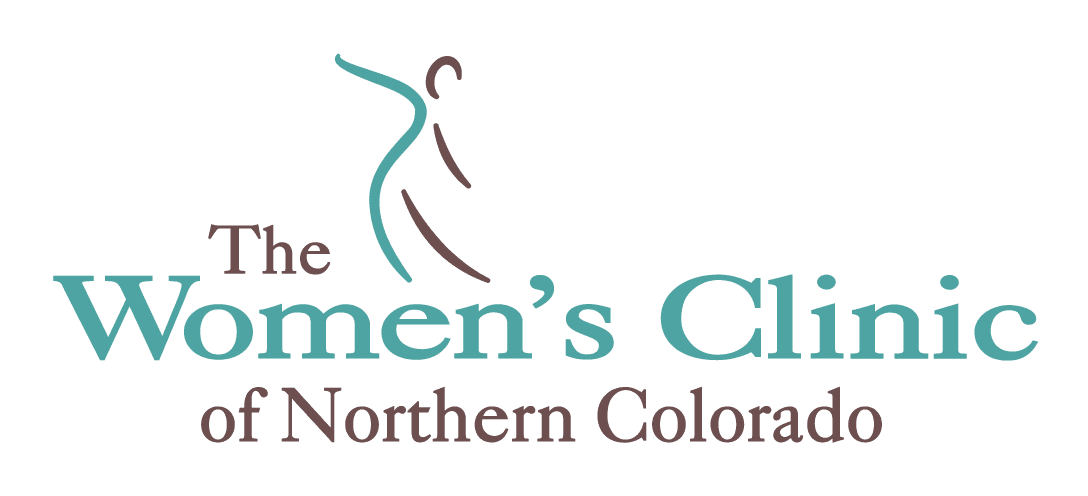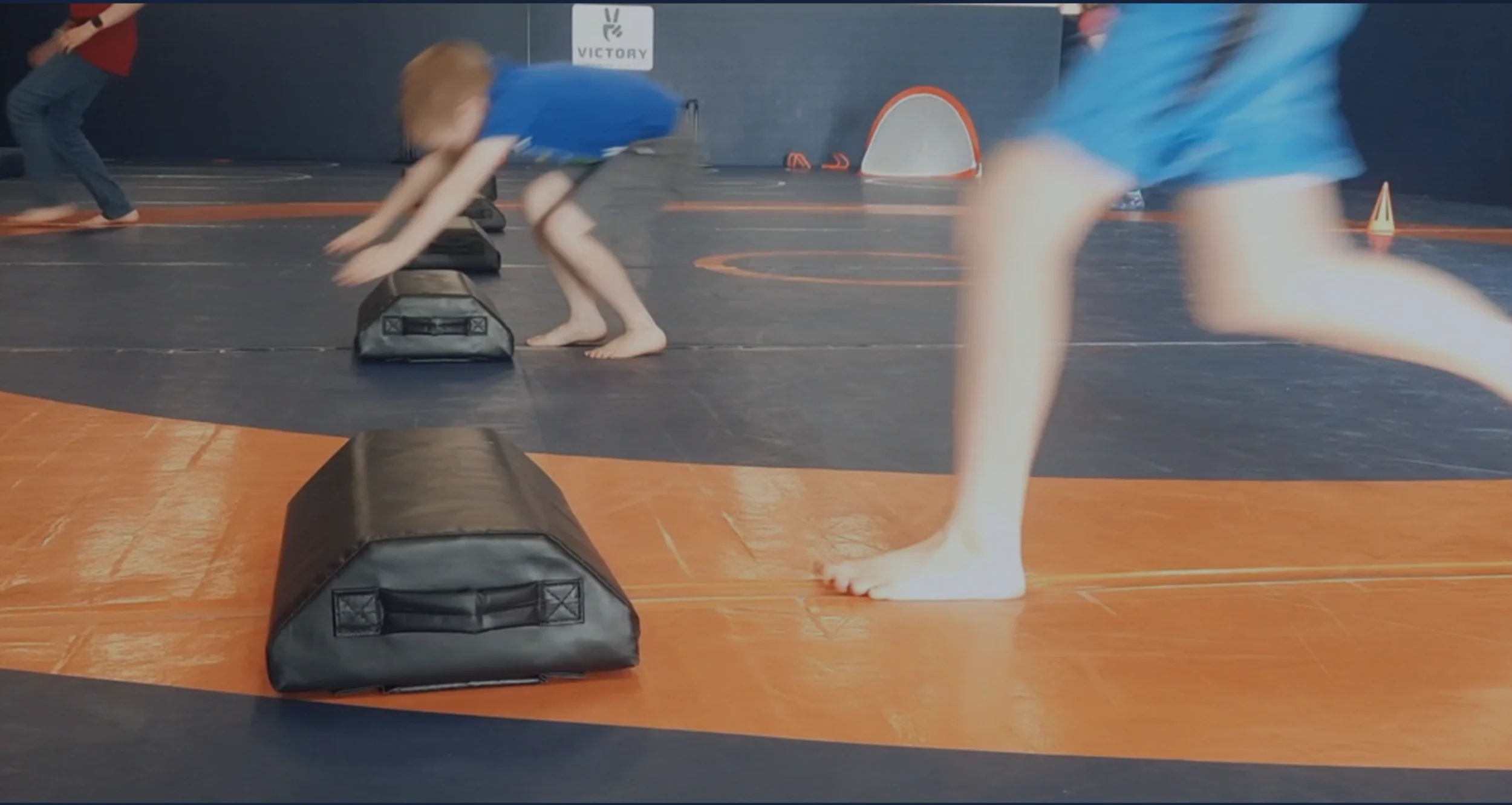
2024 Annual Report
Empower people to heal from interpersonal violence through defense training
On this page:
A year’s overview
A letter from our founders
Dear Cor Defense Community,
As we reflect on 2024, we are filled with profound gratitude: for your support, for the healing we’ve witnessed, and for the children and families who have trusted us to walk alongside them. This year, we’ve seen remarkable growth, not only in numbers, but in the confidence, agency, and healing of our participants. Our Children’s Program in particular has become a powerful reflection of what trauma-informed defense training can make possible.
One story stands out.
When Canon first joined us, he sat quietly on the bleachers — watching, taking it all in. At Cor Defense, we honor that kind of power: the power to move at your own pace. And when Canon was ready, he stepped onto the mat and delivered his first palm strike with a smile that lit up the entire gym. Not long after, his mom shared this message with us:
“He had his best week yet in school, last week, listening to the teacher and participating, even taking initiative to help another child with school work... I think he found a boost of confidence in your class because everything else has been the same for us.”
This is why we do what we do.
When a young person feels safe, strong, and supported, the effects ripple into every part of their life—from the classroom to their relationships to their self-worth. The power he carries is unmistakable. It’s the individual transformations like Canon’s that keep us grounded in our mission.
As we move into 2025, we are more committed than ever to building a community where survivors of all ages can reconnect with their power, on their terms, at their pace.
Thank you for walking this journey with us.
All the very best,
Andrea & Lonnie Person
Co-Founders, Cor Defense
Addressing Health Inequities
Centering the experience of survivors of interpersonal violence for long-term recovery.

The Prevention Institute’s “Making the Case” fact sheets state that “violence is a health inequity.” This inequity stems from the loss of power and control experienced by victims, leaning to numerous negative multigenerational health outcomes, such as increased need for and decreased access to health care for mental illness, substance misuse, unintended pregnancy, cancer, diabetes, other chronic illnesses, and early death.
Cor Defense’s programs address the root cause of these violence-based health inequities, providing an opportunity for survivors to engage in an empowerment-focused healing modality which not only supports their confidence and comfort when engaging in daily activities, but also directly targets the part of the brain in which trauma is processed and stored and creates a strong foundation for long-term recovery.
Interpersonal violence affects everyone, but disproportionately impacts certain groups. The CDC reports that Black, Indigenous, and People of Color (BIPOC) and LGBTQ+ individuals experience sexual and intimate partner violence at significantly higher rates than their white, cisgender, and heterosexual peers.
This disparity is not just a statistical anomaly but a reflection of deep-seated societal inequities. BIPOC and LGBTQ+ individuals often face systemic barriers, including discrimination, racism, homophobia, and transphobia, which exacerbate their vulnerability to violence. These barriers also limit their access to crucial support services and resources, making it harder for them to seek help and recover from trauma. Cor Defense’s trauma-informed approach fundamentally seeks to acknowledge and honor the identities and experiences of all participants. However, we understand there is no “one-size-fits-all” way to create an inclusive environment for everyone, and that equity isn’t a box that can be checked at the end of an annual training with our staff and board.
Our Priorities
To address this need, we have identified the following steps to make our programs more inclusive and accessible:
Partnerships
Build and strengthen partnerships with culturally specific organizations to establish trust and make our services more accessible
Language Inclusivity
Enhancing accessibility for Spanish-speaking participants by recruiting consultants for translation and interpretation services, translating program materials, and training staff in inclusive language practices
Feedback & Continuous Improvement
Regularly collecting and analyzing participant feedback to measure progress and make necessary adjustments, ensuring our programs remain relevant and effective.
By addressing the root causes of violence-related health inequities and implementing an empowerment-focused healing approach, we establish the foundation for long-term recovery and contribute to a safer, more resilient society.
Adult Program
We held 73 adult program classes in 2024
Cor Defense’s programs are designed to help survivors heal from trauma and regain a sense of control in their lives. By focusing on self-empowerment and healing, we are cultivators of courage, helping participants move forward to overcome their fears and live life on their own terms.
We’re committed to ensuring that all survivors have access to the resources they need to heal. Recognizing that financial constraints should not prevent access to these valuable resources, Cor Defense uses a “suggested fee” approach to make our programs accessible to everyone.
In 2024, we provided seminars for about 80 community members, including CSU students through Active Minds during Sexual Assault Awareness Month, SAVA Center staff, and participants in a four-week group for middle and high school students
Survivors Are Healing
Survivors who train with us experience a 27% decrease in post-traumatic stress symptoms within 3 months
67% of the people we train identified having a disability
-
During the intake, survivors review a list of symptoms and report a percentage of how many they experience. They also report a percentage of comfort and confidence in public spaces. Then, in 3 months, they review the same list and report new percentages.
-
“This is exactly what I was missing in the recovery to my wholeness.
I feel grounded and embodied. It’s life changing, I’m integrating back into my body and that feels hopeful.”
– Survivor of sex trafficking -
“I've attended a couple of their classes.
As a therapist, I highly recommend their approach to folks grappling with trauma and recovery.”
– Nate B. -
“Lonnie and Andrea are just amazing people.
I can’t say enough good things about them or this program!!”
– Lolly
Children’s Program
We held 73 children program classes in 2024
Cor Defense’s Children Program teaches defense techniques to help kids develop important skills and social connections. We focus on three key areas: sense of agency/independence, self-regulation, and problem-solving. These skills serve as protective factors for children who have experienced interpersonal violence, reducing the risk of chronic health problems, mental health issues, suicide, and substance abuse.
Healing with Play: Cor Defense provides children with an age-appropriate way to heal from trauma, allowing them to play, laugh, and connect with others who have had similar experiences.
Confidence and Self-Regulation: Parents report significant increases in their children’s confidence and self-control through our programs. Therapists and teachers have observed significant improvements in both school performance and trauma recovery.
Children Are Healing
Children experience a 30% increase in a sense of agency
Children experience a 20% increase in self-regulating and problem solving skills
79% of the families we train have an annual income of 60% AMI or less
-
For our children’s classes, we measure program success through caregiver surveys before and after the program, tracking improvements in children’s problem-solving, emotional regulation, and sense of agency.
Trauma Informed Care Certification Program
At Cor Defense, we believe healing from trauma requires more than just physical techniques - it requires safety, empathy, and understanding. In 2024, we continued to expand our Trauma-Informed Care for Instructors program, which trains self-defense and combat sports instructors to recognize the image of trauma and respond with compassion. This program ensures that survivors receive instruction in environments that prioritize emotional safety and support healing through empowerment
Key Features
Understand the impact of trauma: Participants learn how trauma affects the brain, body, and behavior– especially in settings involving physical or emotional stress– enabling more informed and compassionate responses.
Create inclusive and safe environments: The program helps individuals foster welcoming, respectful, and empowering spaces where people from all backgrounds feel supported and valued
Apply practical strategies to promote healing: Participants gain concrete tools to prevent re-traumatization, manage trauma responses, and support resilience through trauma-sensitive approaches.
-
“This is exactly what I was missing in the recovery to my wholeness.
I feel grounded and embodied. It’s life changing, I’m integrating back into my body and that feels hopeful.”
– Survivor of sex trafficking -
“I've attended a couple of their classes.
As a therapist, I highly recommend their approach to folks grappling with trauma and recovery.”
– Nate B. -
“Lonnie and Andrea are just amazing people.
I can’t say enough good things about them or this program!!”
– Lolly
Financial Overview
In 2024, our inaugural fundraiser, A Night Out, sold out and even welcomed additional unregistered guests—demonstrating strong community interest and support. The event was a remarkable success, with a cost-to-revenue ratio of just $0.33 spent to raise each dollar. This is especially notable for a first-time event and closely aligns with the nonprofit industry standard of $0.20 to $0.30 per dollar raised.
68% of our expenses in 2024 were program related
Revenue Breakdown
Earned Revenue: While payment is not required or expected, some survivors feel empowered to invest in their healing by paying for their training. Additionally, we generate earned revenue through community seminars designed to raise awareness about our programs while offering participants empowering experience and practical skills.
Expenses Breakdown
Payroll in Program Expenses: Payroll is included under program expenses because staff play a direct role in planning, delivering, and supporting our services—making their work essential to fulfilling our mission.

